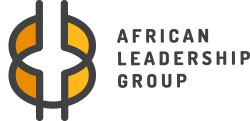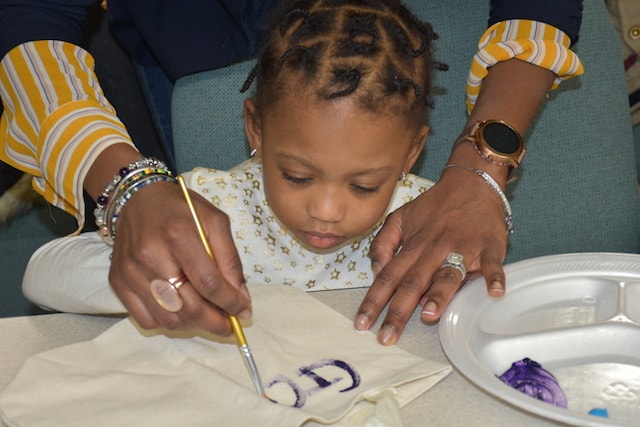What an unprecedented school year this was! After navigating through a new way of learning for parents, students and even teachers, school for many is now officially over and summer is here.
In my role as a high school educator, a community member, and a parent, I interact with many parents in my community, as well as a lot of fellow educators, and community leaders. Based on those conversations and on my own experience, I have begun to reflect on this school year, and also about what next year might look like. I decided also to capture the thoughts of some parents and community members with whom I have spoken.
Ms. Arana is the mother of two school-age children who attend Global Village Academy, a charter school authorized by Aurora Public Schools. She is a native of Peru. When I asked for her thoughts on this school year, her responses were very direct. She told me that by and large parents should be happy that the year is coming to an end and that students will get a respite from this madness everybody has been facing.
From Ms. Arana’s perspective, school districts, principals, and teachers did what they could to save the year. While there is room for improvement, she told me, we should not play the blame game because this pandemic caught everyone unaware, and everyone had to scramble to do the best they could under the circumstances. “Let see what happens next year and how APS prepares since we are still in the unknown,” she said.
Ms. Arana also said there should be two options for next school year: Either a return to full-time in-person school, or everyone should stay at home and do remote learning again. When I asked her about a hybrid option, she said that would be difficult for parents with multiple children in different schools. She does not see how parents, especially single working parents, will manage if their children are attending in-person and remote on different schedules.
“Well, we’ll see,” she said to me in Spanish. “Now they have more time to think it through and offer something better than we had over the past few months.”
Ms. Arana is excited about Colorado’s open enrollment law, because one of her daughters was accepted to a challenge (gifted and talented) school and will start there in the fall. She said their experience demonstrates the benefits of school choice: Being able to choose a school that fits the learning style of your child, which helps them to thrive.
I also spoke with Ms. Nguessan from Ivory Coast, who has a child in a charter school in the community. What she found disheartening through this ordeal was how badly some teachers struggled to help students learn in these new and different ways. “Yes we know this situation came on us like a thief, but couldn’t school principals train their teachers a little better?” she asked.
“I thank goodness my kid is in a charter school and they did things differently…this is the difference between district-run schools and choice schools. I am very lucky as a parent.”
Ms. Nguessan said she is happy that it is summer and everybody will be able to take a break and rethink school for next year. “I am hoping that teachers, and education leaders come up with a plan that works better,” she said. “Most of all, train teachers better to help students. Remember, these children are our future and no amount of investment is too expensive for them.”
Now, for some of my own observations. To Ms. Arana’s point, looking back at the past few months and criticizing may not be a particularly helpful approach. I believe that as educators, head of schools, superintendents, we now have the opportunity to rethink the whole situation and come back to school better prepared. Here are some suggestions:
- Focus on preparing better support for the most vulnerable populations — English learners, those with special needs and also students identified at risk of failing or dropping out.
- If we are thinking of a hybrid option, we must plan for the kind of schedules that will work for parents as well as students and teachers.
- School districts must provide training for educators on issues relevant to physical and virtual classrooms alike: culturally responsive teaching that is also adaptable to any situation — virtual, in-person, or a mix of the two.
- Schools must offer optional enrichment activities and a curriculum that are adaptable to any platform and at the same time engaging for students.




